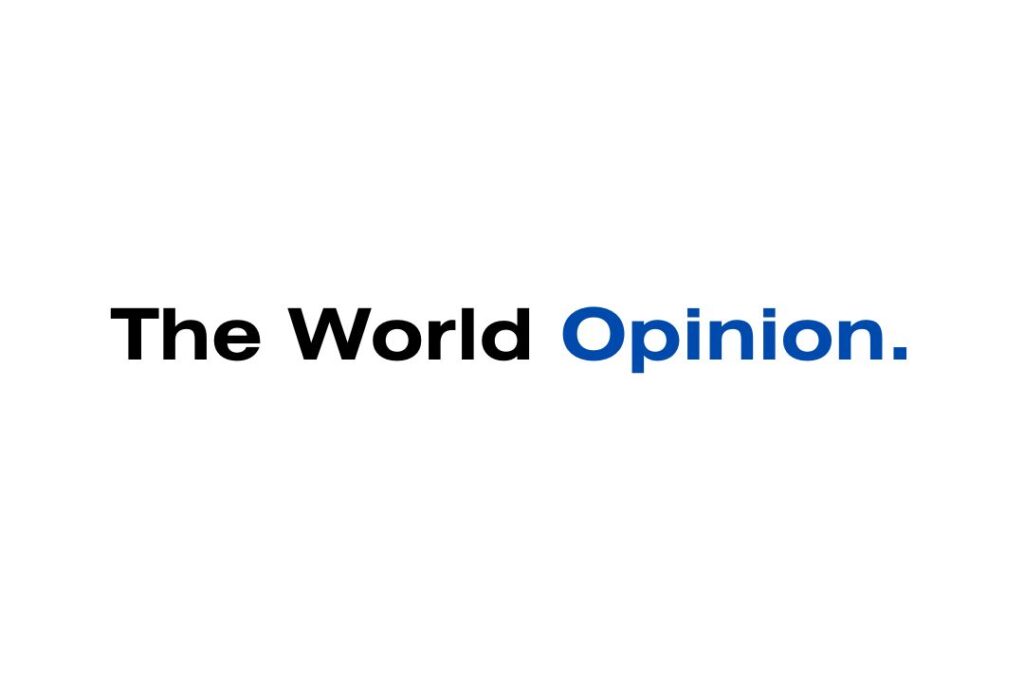Masayoshi Son, CEO of SoftBank, has been weighing up more than a few choices for chipmaker Arm after Nvidia walked clear of purchasing the corporate.
Alessandro Di Ciommo | Nurphoto | Getty Photographs
SoftBank introduced a pointy rebuke on Wednesday to S&P International Rankings, after the company downgraded the Eastern large’s credit standing.
“During the last yr, our strict defensive monetary control has reinforced our monetary place as by no means earlier than,” SoftBank mentioned. “This can be very regrettable that our monetary soundness was once now not correctly assessed, and we will be able to proceed our discussion with S&P.”
S&P International Rankings on Tuesday lower SoftBank’s score to “BB” from “BB+” — the place it deems an organization’s credit standing as “speculative grade” or “junk.”
SoftBank stocks closed down 2.3% in Tokyo on Wednesday.
SoftBank has grew to become itself into one of the most global’s greatest tech buyers over the previous couple of years, hanging billions of greenbacks into one of the greatest generation companies, together with Uber, by the use of its two Imaginative and prescient Finances. SoftBank principally invests in corporations that don’t seem to be publicly indexed.
Given the hunch in generation stocks amid globally emerging rates of interest, the Imaginative and prescient Fund section posted a document 4.3 trillion Eastern yen ($3.1 billion) loss for the fiscal yr ended Mar. 31, as industry valuations plunged.
Learn extra about tech and crypto from CNBC Professional
SoftBank has been slicing its stake in Chinese language e-commerce Alibaba, which it has held for greater than 20 years and made the Eastern company’s founder Masayoshi Son his fortune. The purpose is to shore up SoftBank’s stability sheet, as the corporate’s control has pledged to play “protection” and be extra prudent with its funding technique.
S&P International Rankings nonetheless argues that SoftBank’s Imaginative and prescient Finances have a top publicity to unlisted corporate stocks, which might be extra unstable, on account of promoting Alibaba inventory which are indexed in each the U.S. and Hong Kong.
“Ongoing gross sales of stocks in China-based Alibaba Staff Keeping Ltd … prior to now a significant asset for the corporate, have eroded the share of indexed belongings in its portfolio,” S&P mentioned. “Moreover, the generation shares through which the corporate has basically invested had been depressed for a chronic duration.”
SoftBank argues that S&P isn’t taking into consideration its money place, which rose to five.1 trillion yen within the fiscal yr ended Mar. 31, as opposed to 2.3 trillion in the similar duration of 2022.
“It will have to be famous that S&P’s evaluation of the share of indexed belongings excludes money and deposits, and many others. (JPY 5.1 trillion), which might be probably the most liquid belongings,” SoftBank mentioned.
Arm checklist in center of attention
SoftBank in 2016 received British chip dressmaker Arm — which remaining month confidentially filed for a list within the U.S.
Going public with Arm could be a “sure issue” for SoftBank, S&P famous, nevertheless it hasn’t incorporated this construction in its evaluation since the timing and valuation of the corporate stay “unsure.”
SoftBank mentioned it has “strongly suggested S&P to believe an improve as soon as the proposed preliminary public providing of Arm is finished.”
S&P additionally famous that SoftBank is aiming for “disciplined monetary control even in a hard running setting,” which continues to “underpin the corporate’s creditworthiness.”
In the end, the damaging elements outweighed the positives, the rankings company mentioned.
“We subsequently downgraded the corporate. The volatility of its funding portfolio and emerging asset possibility pressure the negatives for the gang. In the meantime, monetary control capacity; a top stage of money; and holdings of stocks in Arm, which might be indexed, are positives.”




